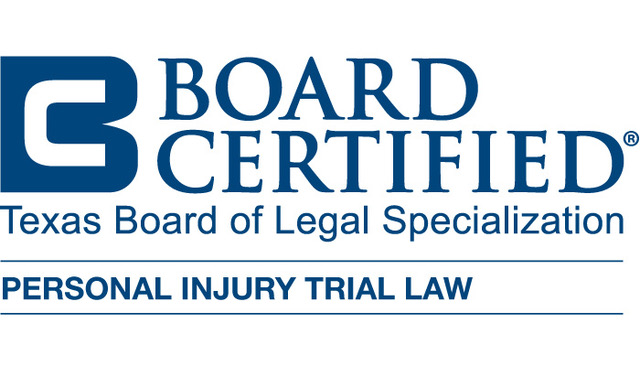February 23, 2017 | Car and Truck Accidents
Why you Shouldn’t Give a Recorded Statement to Another Driver’s Insurance Company
After a collision takes place, it is normal to try and make a claim not only for property damage but also for injuries with the other driver’s insurance. Many people wait a few days or weeks before considering hiring an attorney so they can try and resolve the claim theirselves. The first reaction of an insurance adjuster after you are claiming injuries is to ask for your recorded statement. Most people thing this is something they have to give to the insurance company or are anxious to tell them how their insured caused this collision. If you are in this situation, remember to JUST SAY NO. As a personal injury attorney, I do not see any positives for giving the other driver’s insurance company your recorded statement. Why? Let’s go through some reasons.
1. A liability insurance company is not on your side. They are a for profit corporation and make money by saving money. If there is a way they do not have to pay you they will try and find it, if there is a way they do not have to pay you as much, they will find it. Their position is directly opposite to yours.
2. It is a recorded statement. If the liability insurance adjuster wanted to know the extent of your injuries or what happened for their file, why do they have to record the conversation? Any recorded statements can be used against you at a later time in trial. These statements are defined as “not hearsay” because they are made by a party to a lawsuit and are admissible in trial. There are many things that can go wrong an initial recorded statement. You can leave out key facts, you can leave out injuries, you may not full realize the extent of your injuries yet, or you can misspeak because you are nervous or are still anxious about the collision.
For example, you may be asked to give a recorded statement the day of the collision. At this point, you may be only feeling a little pain in your lower back and nowhere else. Or you may still have adrenaline and feel no pain at all. If you were to tell an adjuster “I feel fine right now” or “I only have pain in my lower back” and the next day you wake up and have excruciating pain in your neck, you have just put a huge roadblock in your case by giving a simple recorded statement.
These cases can go on for years, if you are deposed a year or two after the collision and you say something contrary to your recorded statement, that can now be used to impeach you at trial. You can look like a liar to a jury because of a simple mistake in your recollection. It can also look like you are changing your story to a jury. The point is, nothing good can come from a recorded statement from an insurance company who represents the person you are suing.
3. You may not have representation yet. An insurance adjuster will have way more experience than you and know the “right” questions to ask. If you do not have someone helping you or telling you what should and should not be asked, you can be taken advantage of. You can disclose both private information and information that is not relevant to your claim that may later ruin it.
I never allow my clients to get recorded statements. I run into occassion where my clients have already given a recorded statement before they hire me, and can honestly say I have never said to myself “Man, I am sure glad they gave that recorded statement.” There is much more detriment than benefit that can come from giving one. So if you find yourself in a situation where the other driver’s insurance company asks you for your recorded statement, JUST SAY NO!







